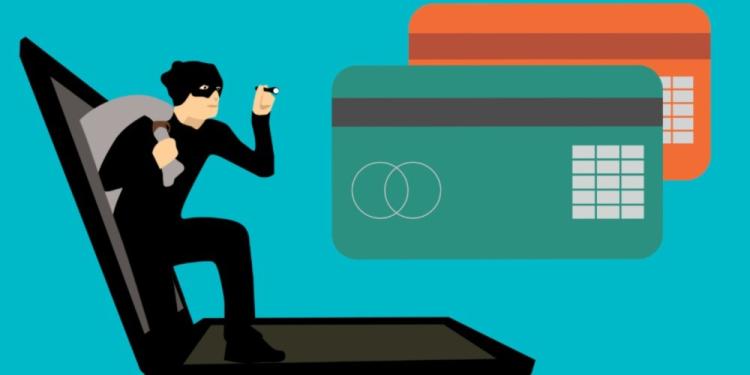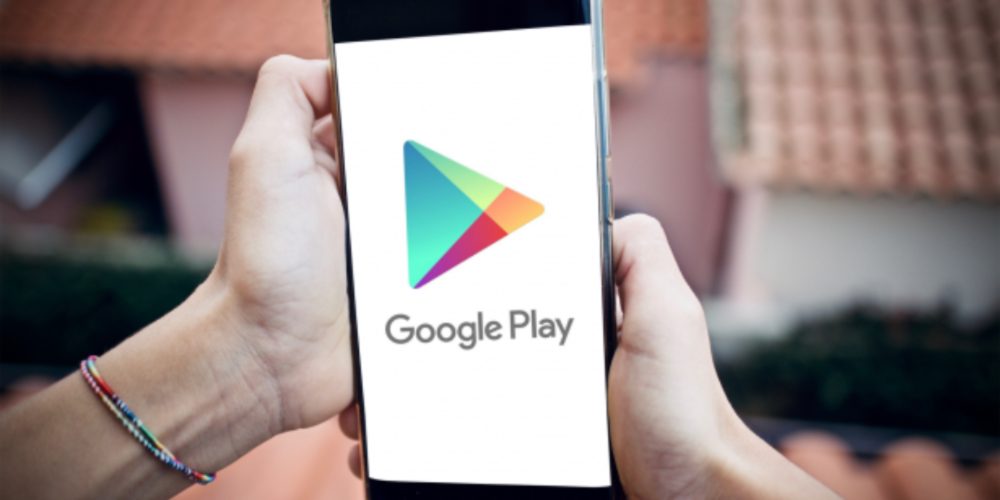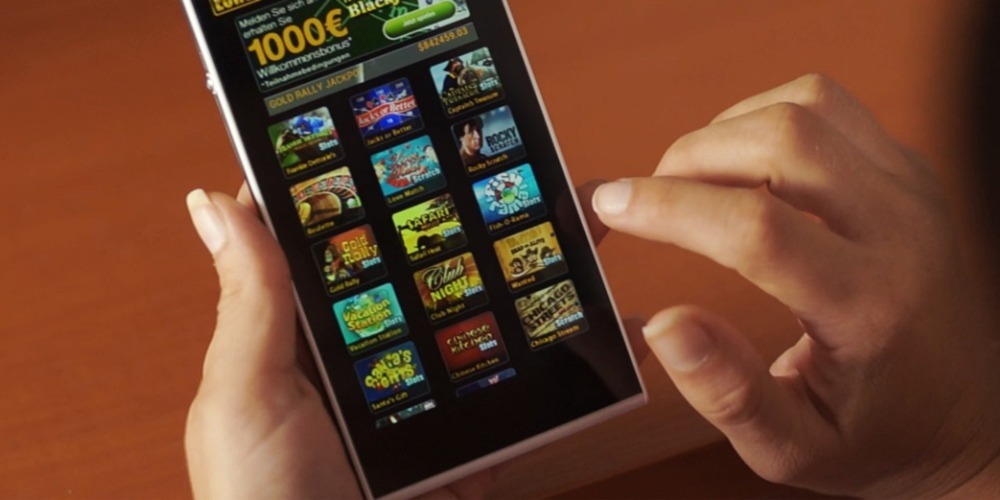How Serious Are Gaming Fraud Chargebacks In 2023?
Posted: July 21, 2023
Updated: July 21, 2023
All businesses suffer from customer chargebacks at some point. But recently, within the online gaming industry we're seeing a huge rise in the number of apparently unhappy customers looking for thier money back. However, it's not the customer's faullt. We are seeing games being designed to "game" the players into spending more with microtransactions throughout the gameplay. No payer wants that. So it's no surprise they become angry and make a chargeback.

All businesses suffer from customer chargebacks at some point. But recently, within the online gaming industry, we’re seeing a huge rise in the number of apparently unhappy customers looking for their money back. However, it’s not the customer’s fault. We are seeing games being designed to “game” the players into spending more with microtransactions throughout the gameplay. No payer wants that. So it’s no surprise they become angry and make a chargeback.
Making Gaming Fraud Chargebacks In 2023
The retail market for online gaming is experiencing tremendous growth. This is especially true with the surge in online gaming during the COVID-19 pandemic. Mobile and online gaming businesses have the potential to achieve significant profits.
For instance, Steam in China reached a user base of 19.1 million in February 2020, while Verizon reported a 75% increase in gaming internet traffic on their network. Additionally, Twitch, a popular game streaming service, saw a 20% rise in its traffic. However, a rising number of gaming fraud chargebacks is starting to slow down growth.
Money For Nothing
Back in 2013, two mobile game developers conducted an experiment involving procedurally-generated slot machine game apps. Though these games had identical mechanics, they differed in sounds and graphics based on generated keywords from the internet.

The games were intentionally designed to be unenjoyable and created to make a point rather than entertain. Surprisingly, over five years on the Google Play store, they generated approximately $50,000 in revenue for their creators through ad clicks alone.
Rubbish Games Lead To Gaming Fraud Chargebacks
This anecdote underscores the immense profitability of gaming companies in the e-commerce sector. The sheer passive revenue from a poorly designed experiment highlights why so many mobile game companies publish a plethora of games. A successful game release with in-game purchases can yield tremendous returns on investment (ROI).
Predictions show that the global gaming market is expected to exceed $174 billion within the next two years. Thus making it one of the fastest-growing e-commerce industries. However, it’s important to note that the gaming industry is also more susceptible to friendly fraud. Especially when compared to any other industry.
The Online Games Industry Make Gaming Fraud Acceptable
The gaming industry faces significant challenges related to fraud, particularly due to its heavy reliance on subscription and microtransaction payment models. These payment methods are highly vulnerable to friendly fraud. Additionally, the specific demographics and characteristics of online gaming often create situations that increase the likelihood of friendly fraud occurrences. Let’s explore this issue through examples of two popular games: World of Warcraft and Candy Crush.
World Of Warcraft Online Fraud
In World of Warcraft, players are required to pay a fixed monthly fee of $15. This allows access to the game’s vast content. There are also occasional additional charges for expansion packs. However, this subscription-based model exposes the game to the same challenges other subscription services encounter. Players may forget about their ongoing subscriptions. Or find it cumbersome to cancel them. As a result, they resort to gaming chargebacks initiated by their banks.
Candy Crush Gaming Fraud Chargebacks
On the other hand, Candy Crush, one of the most renowned mobile games, adopts a different approach. It’s free to download and play.

However, players can make in-game purchases for power-ups. Also to bypass waiting times when stuck on a level. This microtransaction system creates several avenues for friendly fraud gaming chargebacks. Here are just a few examples:
How To Get A Gaming Fraud Chargeback
- A player might spend a significant amount, such as $500, to outperform their rival on the game’s leaderboards, only to regret the decision later and request a chargeback.
- In some cases, a player’s child could unintentionally make costly in-app purchases, leading the player to dispute the charges with the game’s publisher, the platform provider (e.g., Apple), or their bank.
- Some players might spend considerable sums, like $100, to purchase loot boxes with a rare item’s slim chance (e.g., 1 in 500) and end up not receiving the desired item. In response, they might initiate a gaming chargeback, claiming “deceptive marketing practices.”
- Players may accidentally make costly purchases, like buying a $99 booster pack instead of a $19 pack, possibly due to a user interface issue or lack of attention. Subsequently, they turn to their bank for resolution.

We should point out that it’s the same story with online casinos. Players come in with high expectations. So when things don’t go their way, they immediately chargeback. Often using a pathetic excuse like their child accidentally accessing the online casino website. If you are going to be playing casino games online, especially when using your phone, then take care not to allow access to those who shouldn’t be playing. As you’re aware, all reputable online gambling platforms like King Billy Casino implement strict policies with regard to underage gambling.
In conclusion, the payment models employed by video games, specifically subscriptions and microtransactions, expose the industry to the risk of friendly fraud. The combination of forgetfulness, impulsive spending, and accidental purchases. This only increases the likelihood of gaming chargebacks, creating challenges for both players and game developers.
Gaming Companies Are Just As Bad
While here at Gamingzion.com, we may disapprove of these thoughtless customers, gaming companies must look at their own role in fostering an unregulated atmosphere of online payments. One where both publishers and customers seek any advantage they can exploit.
The primary reason behind the prevalence of fraud in such games is the nature of Card-Not-Present transactions. This is where purchases occur without physically presenting cards at a gaming store, similar to GameStop. This creates an opportunity for fraudsters to exploit stolen cards with ease.
Parents Make Gaming Fraud Chargebacks
Additionally, this setup makes accidental purchases more common. Particularly when children play games. Subsequently, parents may seek to reverse these accidental charges. However, more often than not, they are met with difficulties in communication and support from small teams and limited customer service in many online games. Dissatisfied customers might resort to involving their banks to reverse charges instead of obtaining a straightforward refund.
Game Mechanics To Fleece Their Players
Pay to Play and Pay to Win mechanics further contribute to gaming chargebacks. Some game developers intentionally design challenging roadblocks. These often frustrate players to the point where they feel compelled to spend money to progress. Games may even subtly adjust difficulty levels in real time. Of course, the players can discern this manipulation. This leads them to dispute charges after making purchases and overcoming the challenging phase.
In light of these issues, gaming companies must address their own practices and customer support. Without this, there’s no way to reduce fraudulent activities and improve customer satisfaction. Managing gaming chargebacks effectively, either in-house or through outsourced support, could also play a vital role in mitigating the problem. Online casinos like King Billy Casino also need to keep an eye on their chargeback ratio through better customer support. Though in truth, gaming companies and online casinos are two very different animals.
Players Become Disillusioned And Chargeback
The gaming industry faces a challenge with friendly fraud gaming chargebacks. This has, over time, led to some significant losses for major gaming publishers like Activision, Blizzard, Electronic Arts, and Sony.

It also poses an even greater threat to smaller game developers. Avoiding these gaming chargebacks should be a priority. After all, they can result in a harmful cycle of revenue loss coupled with increasing gaming chargeback rates.
At the end of the day, that’ll lead to higher payment processing fees. To tackle this issue, online game publishers should adopt a design approach. They need policies that minimize transactions likely to lead to chargebacks. Listening to customer feedback, including through the gaming chargeback process, can provide valuable insights for improving customer satisfaction.
Conclusion – Why Gaming Fraud Chargebacks Are On The Rise
Microtransactions are a prevalent aspect of gaming. Yet, relying solely on them may not be the best long-term strategy. Instead, gaming companies should focus on creating more customer-friendly revenue streams. They should try to break away from traditional practices and understand their customers better.
The high gaming chargeback rates in the industry can serve as a valuable source of data to gain insights into customer habits, pain points, and desires. By analyzing this information, game designers can come up with innovative ways to increase revenue opportunities in a profitable and customer-centric manner. With creativity and dedication, the gaming industry can forge a path towards sustainable success. While at the same time, prioritizing customer satisfaction.
Click here to try live casino at King Billy Casino












